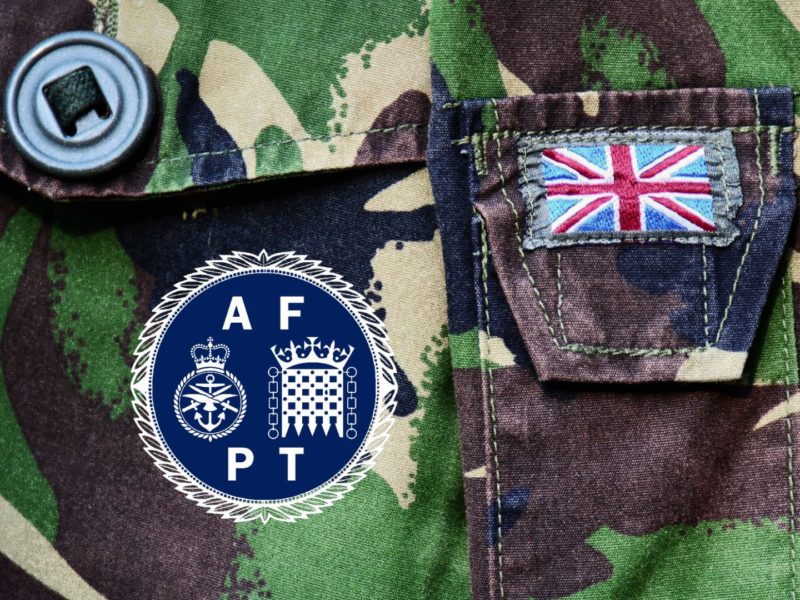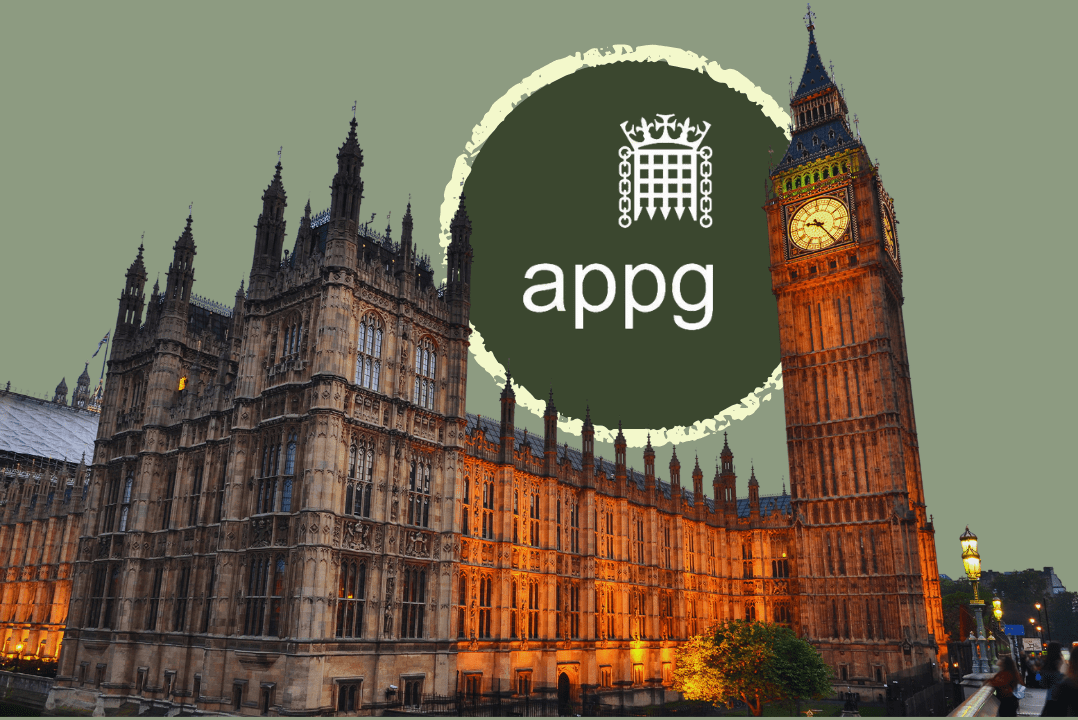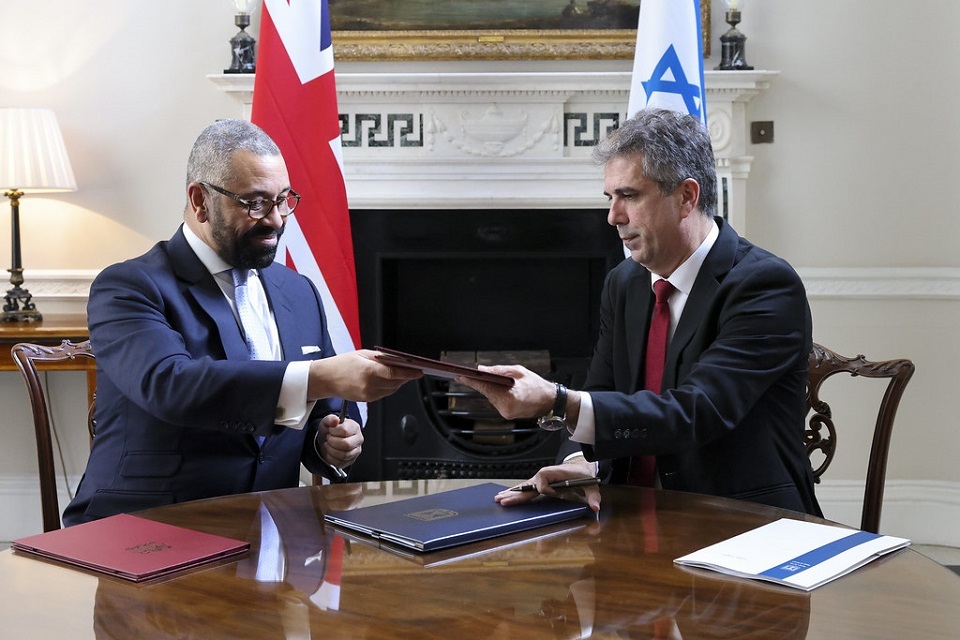Do we want militarised schools? Cadet forces, ‘independent’ evaluations and defence agendas in education
Read a PDF version of this report
Summary
In August the government announced £70m of new funding for the UK’s military cadet forces. The pledge to increase the number of cadets by 30%, or over 40,000, by 2030 was made in June’s Strategic Defence Review. The review also stated that a further increase would see cadet numbers rising to 250,000 ‘in the longer term’.
Much of this expansion will be in school-based cadet forces. Since 2012 it has been government policy to increase the number of armed forces cadet units in state-funded secondary schools. To back up the expansion the Ministry of Defence commissioned the University of Northampton to produce a series of evaluation reports to demonstrate the social impact and value of cadet forces.
The first of these reports came out in 2017 and the most recent in April this year, with a report published almost every year in between. The reports have provided the government with a string of similarly highly positive findings and made claims about huge financial benefits to the country. They have been used to generate press releases, media coverage and parliamentary debates, and provided justification for the spending on cadets – estimated to be £210m a year.… Read more












